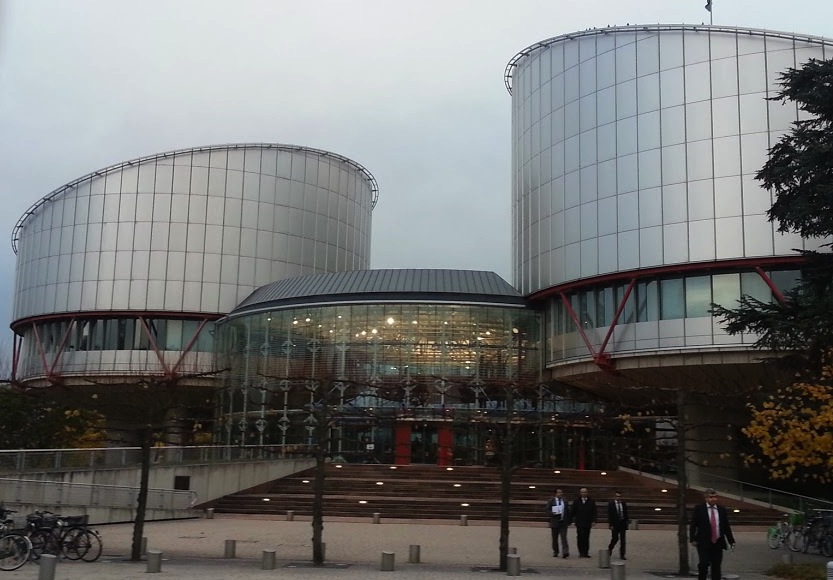The European Court of Human Rights ruled today that the 17-month detention of a Sierra Leone national asylum seeker was in breach of Article 5(1) of the European Convention on Human Rights (ECHR).
Ibrahim Suso Musa had been detained in the Safi Barracks, an administrative detention centre for undocumented migrants located in a military base, for more than six months pending his asylum application.
He was then held for a further eleven months with view of deportation, after his asylum request had been rejected on 2 April 2012.
The Court further held that Maltese authorities had breached his right to an effective and speedy remedy to challenge the lawfulness of his detention under Article 5(4) ECHR.
The ICJ submitted a third party intervention in the case, arguing, among other things, that the mechanism of review of the legality of detention in Malta was at odds with ECHR standards and that conditions of detention should be taken into account when assessing the arbitrariness of the detention under Article 5 of the European Convention.
The European Court of Human Rights ruled that Maltese legislation did not provide any effective and speedy remedy to challenge detention of undocumented migrants or asylum seekers. It furthermore held that his detention pending his asylum application was arbitrary because it was excessively long, particularly considering the poor conditions of detention in the Safi Barracks detention centre. Finally, it ruled that, because of the conditions of detention, the absence of a means under Maltese law to challenge the detention’s legality and the fact that effective efforts towards deportation had not been pursued, “the national system failed as a whole to protect [Suso Musa] from arbitrary detention”.
The International Commission of Jurists (ICJ) welcomes today’s ruling of the European Court of Human Rights in the case of Suso Musa v. Malta, which corroborates some of the findings of its report, Not Here to Stay, documenting an ICJ mission to Malta in September 2011.
“This ruling is an authoritative statement that the migration detention system is not in line with Malta’s obligations under the European Convention on Human Rights”, said Massimo Frigo, Legal Adviser for the Europe Programme. “The system as it stands opens the door to substantial abuses, adding to the extraordinary strains that are faced by many asylum seekers. The ICJ shares the Court’s view that “general measures at national level are undoubtedly called for in execution of the present judgment” and calls on Maltese authorities to implement the Court’s recommendations on specific measures to bring the system up to standard.”
The ICJ acknowledges that Malta’s situation is particularly difficult and that the European Union must also play its role as guarantor of the EU Charter of Fundamental Rights and of EU standards on asylum. “The EU should intervene to ensure that the Maltese system is put in line with EU and ECHR human rights standards and its Member States should cooperate including by facilitating the resettlement of persons recognized for international protection”, said Massimo Frigo.
SusoMusa-Malta-ECtHR-Statement-2013 (download the statement)
SusoMusa-ECtHR-Intervention-Malta-2013 (download the third party intervention)
SusoMusa-ECtHR-Judgment-Malta-2013 (download the Court’s judgement)
Contact:
Massimo Frigo, ICJ Legal Adviser of the Europe Programme, tel: 41 22 979 38 05, e-mail: massimo.frigo(a)icj.org
Róisín Pillay, ICJ Director of the Europe Programme, e-mail : roisin.pillay(a)icj.org

